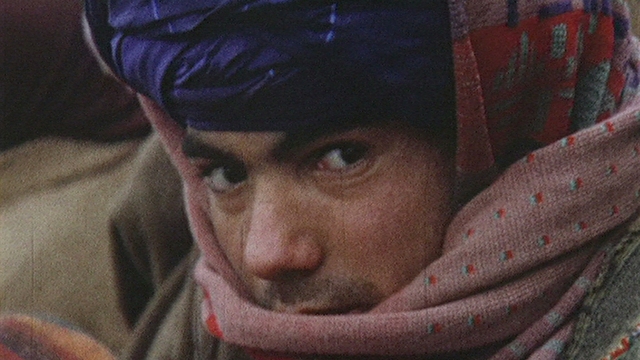Once Upon a Time
Afghanistan's prosperous and liberal past
 As the future of Afghanistan hangs in the balance, we look back on the country's past and ask where its future lies?
As the future of Afghanistan hangs in the balance, we look back on the country's past and ask where its future lies?
The rugged terrain of Afghanistan has often found itself at the centre of some of the world's major conflicts. The pictures on our television screens show a country virtually destroyed by war. Yet it wasn't always so: film footage from the 1970s paints a very different picture, of an open and modern society. The capital Kabul buzzes with life, its streets filled with cars, bicycles and pedestrians. At this time, Kabul was famed as an exotic stop-off point on the hippy trail between Europe and India. "That was a golden period for the Afghans", reminisces Dr Ahmed Abdul Javid, former Chancellor of Kabul University. Until the Taliban enforced an Islamic year zero in 1996, Afghanistan was a relatively liberal Place. Farah Hawad, a female journalist who left Kabul for Britain in 1994, describes the country's progressive attitude towards women back then: "Afghanistan was the first Asian country that had women in parliament." But even during this so-called golden era, tensions existed between the country's different ethnic factions, which finally ignited after the Soviet defeat. The task of establishing a lasting peace between these various ethnic groups is likely to be a long and complex one. If Afghanistan is finally freed from the foreign intervention that has dogged it for so long, perhaps new kind of society will finally be able to flourish in this ruined land.
Produced by Euro TV, ABC Australia, Journeyman Pictures
FULL SYNOPSIS

